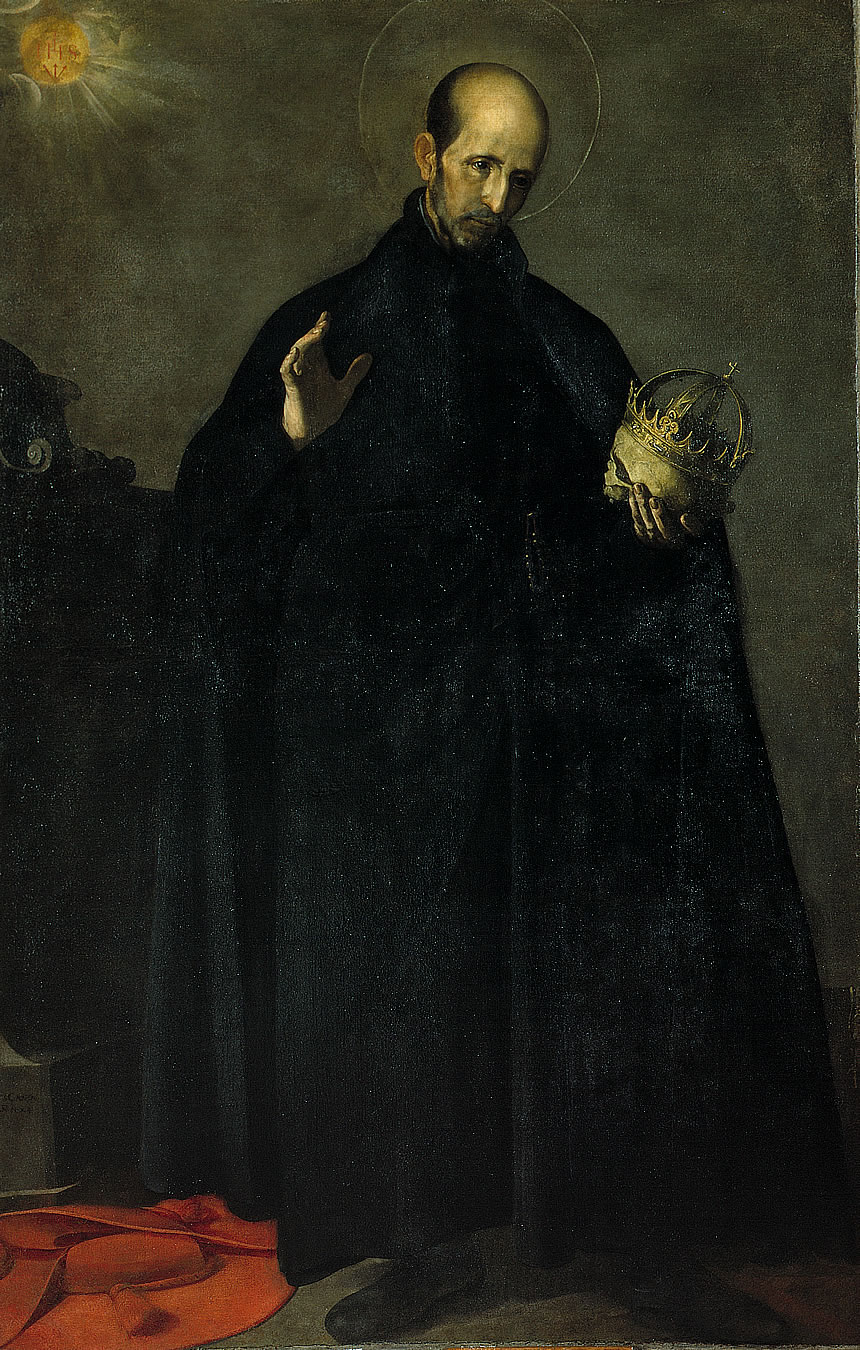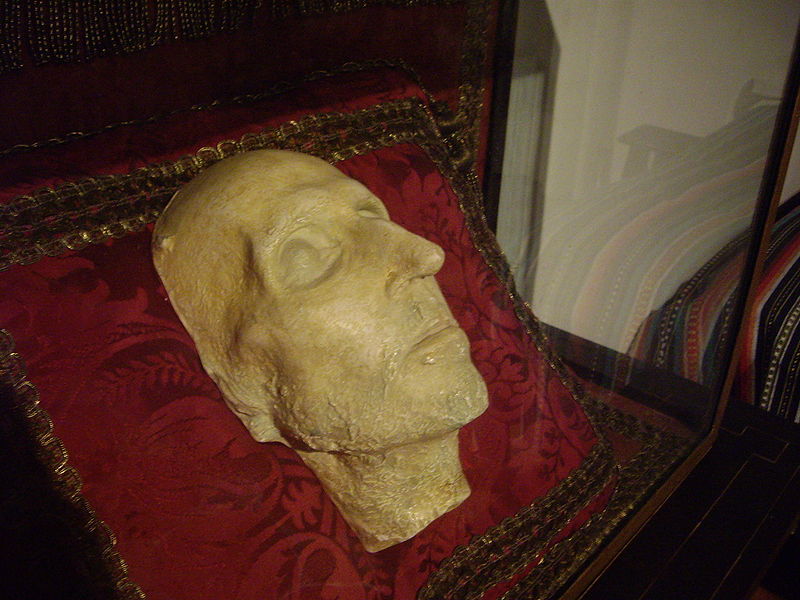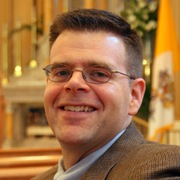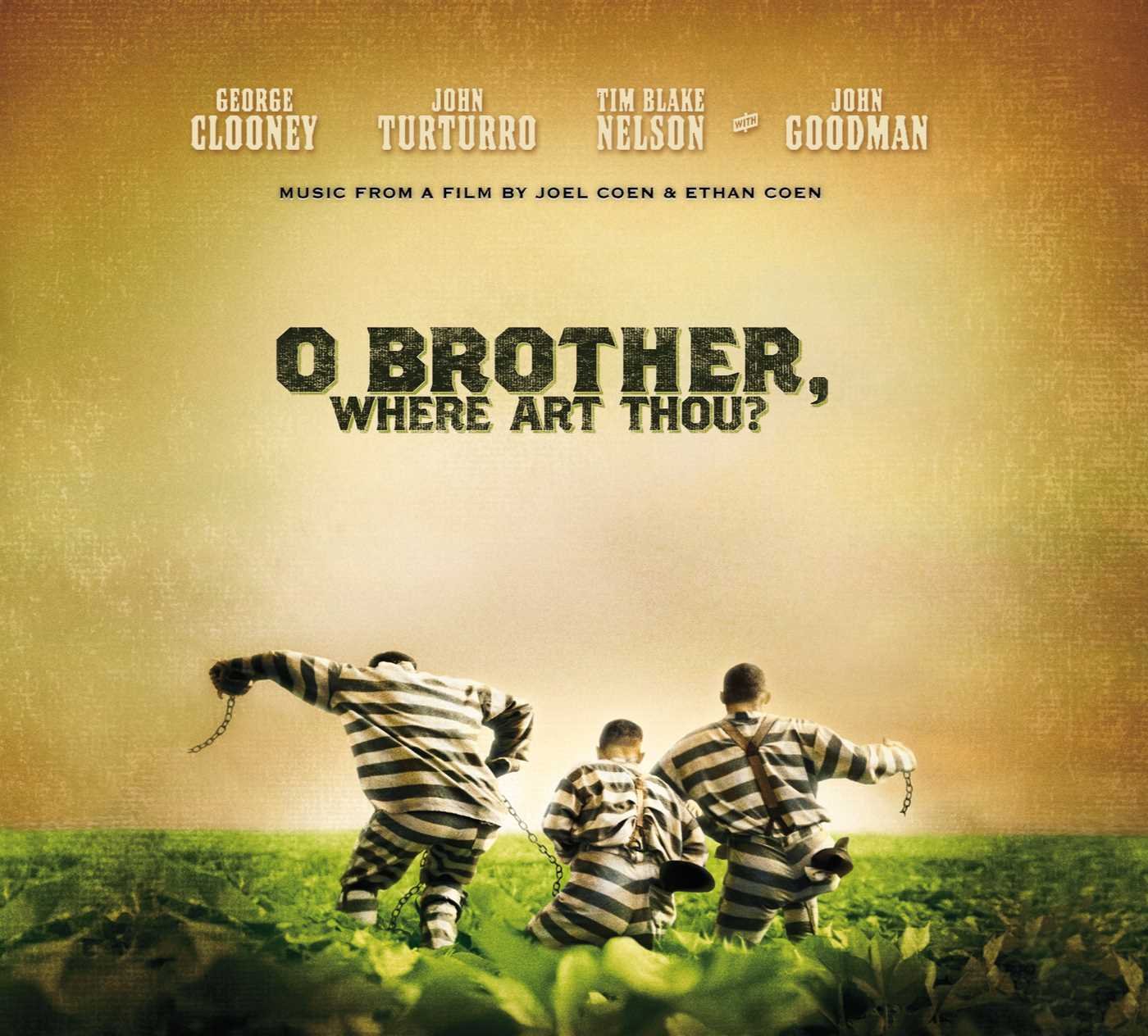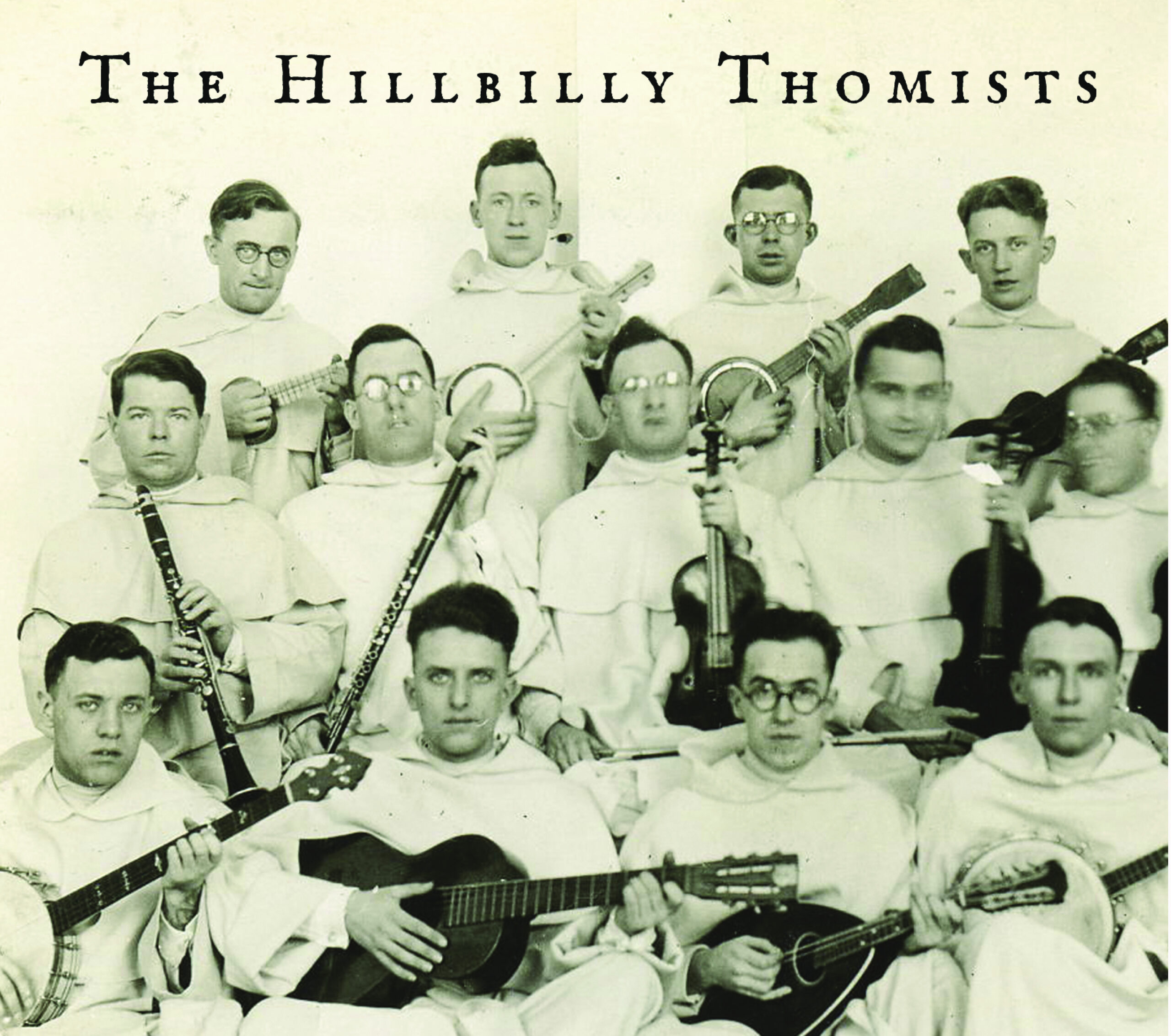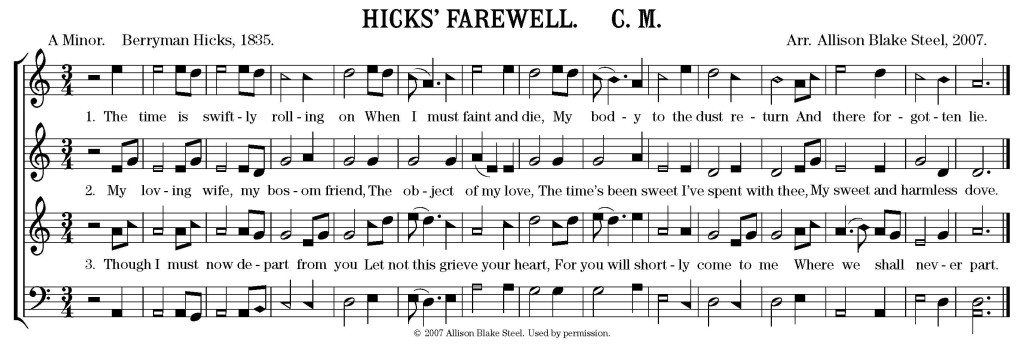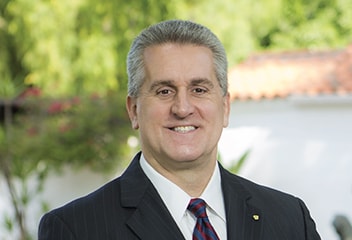
-by Trent Horn
“In a 2009 speech given at an atheistic conference, Daniel Dennett coined the term “deepity” to refer to statements that seem profound at first glance but upon closer examination turn out to be trivially true at best (“Love is just a word”) or just nonsense (“Have faith in faith”). Some atheists say theology is just a bunch of “deepities,” but this is like saying meaningless “junk philosophy” shows all of philosophy is worthless.
Indeed, you can find “junk theology” that disparages good theology in the New York Times’ recent interview with Serene Jones (2019), a Protestant minister and president of Union Theological Seminary. Here are a few of her “deepities”:
- “[The] empty tomb symbolizes that the ultimate love in our lives cannot be crucified and killed.”
- “Living a life of love is driven by the simple fact that love is true.”
- “The message of Easter is that love is stronger than life or death.”
When I hear this kind of talk, I think of the episode of the Simpsons where Rev. Lovejoy is selling ice cream flavors such as “Blessed Virgin Berry” and “Command-mint.” He then offers Lisa “Unitarian ice cream” and hands her an empty bowl. Lisa remarks, “There’s nothing here,” to which Lovejoy responds, “Exactly.” Unitarians who have “no shared creed” are just one example of theologies that sound lofty and good but are without any support beyond mere sentimentalism.
A good way to expose the emptiness of these “deepities” is to ask some simple questions: How is love stronger than death? What makes love “true”? In doing this, you can show that the person is just dressing up secular, hopeful thinking with religious language.
I also notice adherents of liberal theology often defend their position by casting traditional concepts of God and faith as being for simpletons. However, their hasty dismissals often reveal their own simplistic grasp of theology. For example, Jones says, “Crucifixion is not something that God is orchestrating from upstairs. The pervasive idea of an abusive God-father who sends his own kid to the cross so God could forgive people is nuts.”
I expect this misrepresentation of the Trinity from village atheists, but not from a “Christian” minister who should understand that God became man to freely offer himself as a sacrifice of love that outweighs the evil of our sins.
Jones also says Christians who are “obsessed” with the Resurrection have a “wobbly faith.” She writes, “What if tomorrow someone found the body of Jesus still in the tomb? Would that then mean that Christianity was a lie? No, faith is stronger than that.” Tell that to St. Paul who declared, “If Christ has not been raised, then our preaching is in vain and your faith is in vain” (1 Cor. 15:14).
Jones tries to defend her assertion about the unimportance of the Resurrection by saying, “the stories are all over the place. There’s no resurrection story in Mark, just an empty tomb. Those who claim to know whether or not it happened are kidding themselves.”
It’s true the shorter ending of Mark does not contain an appearance of the resurrected Jesus, but it certainly contains a resurrection account because the young man at the tomb tells the women, “Do not be amazed; you seek Jesus of Nazareth, who was crucified. He has risen, he is not here; see the place where they laid him. But go, tell his disciples and Peter that he is going before you to Galilee; there you will see him, as he told you” (Mark 16:6-7, emphasis added).
This leads to another good question to ask: How is a non-miraculous Christianity any different than morally upright atheism?
Jones says hell doesn’t exist; it is the reality we create when we “reject love,” and Easter represents “love triumphing over suffering.” But you can be an atheist who puts hope in love and patiently endures suffering, so why even bother being a Christian? Indeed, when the interviewer asks if he’s a Christian even though he denies Jesus’ miracles, Jones answers, “Well, you sound an awful lot like me, and I’m a Christian minister.”
Now, Jones might say her theology isn’t equivalent to atheism because she believes in God, but her God is so limited and disinterested in human affairs that he might as well be nonexistent.
For example, Jones says she doesn’t worship an all-powerful, all-knowing God because that’s a product of “Roman juridical theory and Greek mythology” (even though Greco-Roman deities were limited in power, knowledge, and goodness). She also claims God doesn’t answer prayers and instead of “controlling the world” he merely “invites” us into love, justice, and mercy.
This God might as well be a self-help book you pick up every few months for advice. In fact, for some liberal theologians, God is merely a projection of human ideals and isn’t real in any meaningful sense of the word.
John Dominic Crossan, one of the world’s most famous New Testament scholars, was once asked, “During the Jurassic age, when there were no human beings, did God exist?” Crossan responded, “Meaningless question” and went on to say that God doesn’t exist apart from faith. But with this understanding of God, it’s not surprising that places like the United Church of Canada have a minister who is a self-professed atheist. One of her books’ titles perfectly summarizes the essence of liberal theology: With or Without God: Why the Way We Live Is More Important Than What We Believe.
It’s true that practicing virtue will make you happy, but that’s because God made us to be virtuous people, and we are happy when we live according to the nature he gave us. But St. Paul strikes the deathblow to both secular and Christian liberalism that relies on virtue alone for salvation: “We know that the law is spiritual; but I am carnal, sold under sin. I do not understand my own actions. For I do not do what I want, but I do the very thing I hate” (Rom. 7:14-15).
Our Easter joy is not found in something meaningless such as “hope in hope” or “faith in faith.” It is grounded in the fact of Christ’s Resurrection. Indeed, that is the only fact that explains the advent of Christianity in an ancient world that didn’t build religions around platitudes. The only reason the disciples did not think their rabbi was just another failed messiah like all the others was because he proved he was not a failure to them three days after his crucifixion.
Through it, we have true hope that God will deliver us from sin we cannot conquer on our own and raise us to new life, both in our souls in this life and in our bodies in the next. God proved “love is stronger than death,” not through humanistic sentiment but through glorious triumph. As Christ himself declared, “I died, and behold I am alive for evermore, and I have the keys of Death and Hades” (Rev. 1:18).”
Love, & Easter Joy!!!
Matthew





